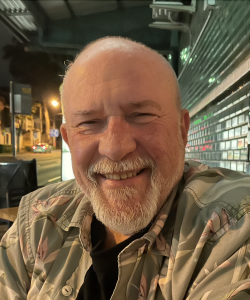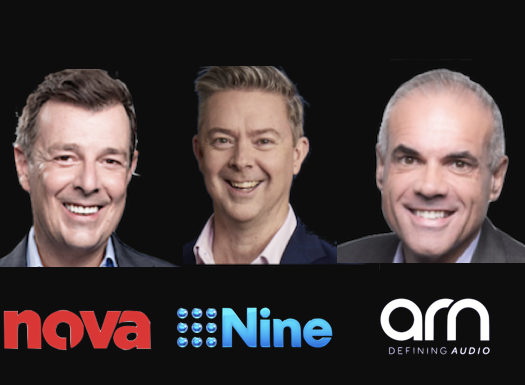More and more parents of teenagers and young adults tell me that their kids don’t listen to radio. Many of those parents work in the industry. Among them are some of Australia’s leading Content Directors.
Last week, I spoke to Nova Entertainment’s Paul Jackson, ARN’s Duncan Campbell and Nine Radio’s Greg Byrnes. By and large, they all agreed that people tended to move to more personality driven stations as they matured, becoming less interested in discovering new music and more interested in discussions about family, lifestyle and finance.
However, if those younger demographics, say 10-24’s, aren’t listening to radio in the first place, then how will they discover radio when they’re older?
“I think they will,” says Duncan Campbell Content Chief for ARN’s KIIS and Pure Gold Networks. “I talked about this at a conference in the last couple of days under the headline of the Power of Radio.”
Nonetheless, Campbell concedes, “We’re under stress with the younger demographics – and why wouldn’t we be with all the competition out there for those ears and eyes?
“But as they get older and the time pressure increases, then what I think we’ll find is that these people will migrate to a place where they can get their local news, they can get their entertainment and they can get the latest songs, and the songs they like, in one place – and that’s radio,” says Campbell.
But there’s another reason that 10-24’s don’t listen to radio the way their parents did – and it has little to do with technology.
“I think we (in radio) haven’t really catered for the under 30 demographic (for some time). Being a commercial business, we go where the money is and the money’s primarily in 25 – 54’s. But as a result, we’ve shaken loose some of the younger listeners – not all of them – but some of them. I’ve got nothing but confidence in the medium going forward in terms of its position in the digital future.”
Nine Radio’s Content Chief, Greg Byrnes, doesn’t see a problem with attracting the 10-24 listener. “They’ve traditionally never been a consumer of our product in that demo. But the general rule is that people buy a car, get a mortgage and have kids. They (start to) care about what’s going on in their community, in their country and their world, and they find talk radio.
“I think when they first find us, be it a Ben Fordham or Ross and Russel (3AW’s Ross Stevenson and Russel Howcroft) or Breeny (4BC’S Neil Breen) in Brisbane or Gareth (6PR’s Gareth Parker) in Perth, they’re surprised. They don’t fit that description of shock jocks. And we expect these guys to be in those roles for, for many, many years to come. And the audience will grow with them,” says Byrnes.
When I asked Paul Jackson, Nova Entertainment’s Content Chief, If young people aren’t listening to radio in the first place, will they discover radio when they’re older? He said,
“I don’t think its necessarily that simple. Younger people today have a lot more choices like Tik Tok and other places and playlists. Their engagement is very different. There’s still plenty of engagement there (for radio), but they might not be listening as much to the main FM station (as they used to).
“That’s why we have to provide a wide choice to the consumers… whatever it is that they may be after. I think the days of trying please all people all the time with just three or four stations up against each other up and down the dial – it is clearly not as simple as that anymore. It will be all ages, all choices. So, Brand is very important – how much people understand what your brand stands for what they’re going to get from it.
“If I go to Nova, I know what I’m going to get, and what they’re offering me . Having that clearly defined in the listener’s mind is extremely important. There’s lots of pieces of that that puzzle to bring together, but you can look at the cumes in all the demographics as well, and they’re very strong,” says Jackson.

Peter Saxon


The relationships listeners have with personality driven radio formats is probably more superficial than we think. In my days as a teenager, young kids my age would listen to talk radio in the evenings if the personalities were engaging enough but we all drifted away as we got on with the business of growing up and taking on responsibilities even though those personalities stayed on the radio for many years to come. When a strong rating personality retires and leaves a station, it isn't so much a case of whether the audience will particularly miss them but rather whether the station can find a replacement strong enough to hold the audience.